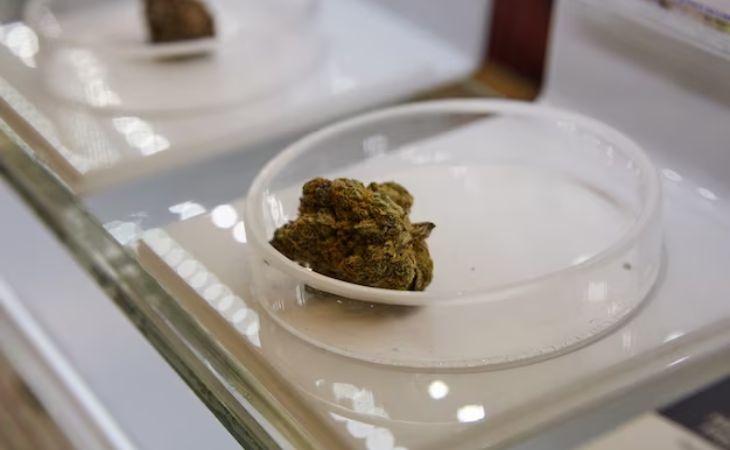The legalization of recreational weed in regions like Washington, DC, has brought attention not only to its availability but also to the environmental impact of its production. Exploring the environmental considerations and challenges involved in cultivating recreational weed, especially concerning purchasing in DC, highlights the importance of embracing sustainable practices in this evolving industry.
Environmental Challenges in Recreational Weed Production
The process of cultivating cannabis, from planting to harvesting, involves several ecological considerations. One major concern is the extensive water usage in large-scale cultivation. Cannabis plants require significant amounts of water, and improper irrigation practices can strain local water resources, especially in areas susceptible to drought, such as DC.
Moreover, energy consumption is a notable issue. Indoor cultivation, popular due to its controlled environment, often relies on artificial lighting, heating, and cooling systems, contributing to a substantial carbon footprint. Also, the use of pesticides and fertilizers can have adverse effects on soil health and nearby ecosystems if not managed responsibly.
Embracing Sustainability in Cannabis Cultivation
In response to these challenges, the cannabis industry is progressively adopting sustainable practices, especially in regions like DC, where buying recreational weed is legal. Implementing environmentally friendly methods is pivotal to reducing the industry's environmental impact.
Sustainable Cultivation Techniques
- Outdoor Cultivation: Utilizing natural sunlight and outdoor growing spaces reduces energy consumption significantly. It also minimizes the strain on water resources by utilizing rainfall and natural irrigation systems.
- Regenerative Farming: Practices like regenerative agriculture focus on soil health, aiming to enhance biodiversity, retain moisture, and sequester carbon. This approach promotes a healthier ecosystem while producing high-quality cannabis.
- Water Conservation Methods: Employing efficient irrigation systems, such as drip irrigation or rainwater harvesting, helps conserve water and reduces the industry's impact on local water supplies.
Energy-Efficient Solutions
- Transition to LED Lighting: Many producers are shifting from traditional lighting to LED systems, significantly reducing energy consumption while maintaining optimal growing conditions.
- Renewable Energy Sources: Implementing solar panels or other renewable energy sources to power cultivation facilities reduces reliance on non-renewable energy and lowers greenhouse gas emissions.
Responsible Use of Resources
- Organic Cultivation Practices: Opting for organic growing methods lowers the reliance on synthetic pesticides and fertilizers, preserving soil health and reducing negative impacts on surrounding ecosystems.
Purchasing Considerations in DC
While buying recreational weed in DC is legal, consumers can play a role in promoting sustainable practices. Opting for products from producers committed to sustainability encourages the adoption of eco-friendly cultivation methods. Consumers can also prioritize businesses that focus on reducing their environmental impact.
Importance of Sustainable Practices
Adopting sustainable practices in the production of recreational weed in DC minimizes environmental harm and benefits the industry and consumers. Consumers increasingly seek environmentally conscious products, driving demand for sustainably produced cannabis. Companies that prioritize sustainability can thus gain a competitive edge in the market.
Moreover, embracing sustainability aligns with regulatory measures and community expectations, fostering a positive reputation for cannabis producers. It also contributes to the broader goal of reducing the carbon footprint across industries, aligning with global environmental objectives.
Conclusion
The rapid expansion of the recreational weed industry presents an opportunity to prioritize sustainability. The industry can greatly reduce its environmental impact by implementing eco-friendly cultivation techniques and embracing innovation. This approach not only safeguards the environment but also supports a more sustainable and responsible recreational weed market, particularly in regions like Washington, DC, where buying recreational weed is legally available.


No comments yet